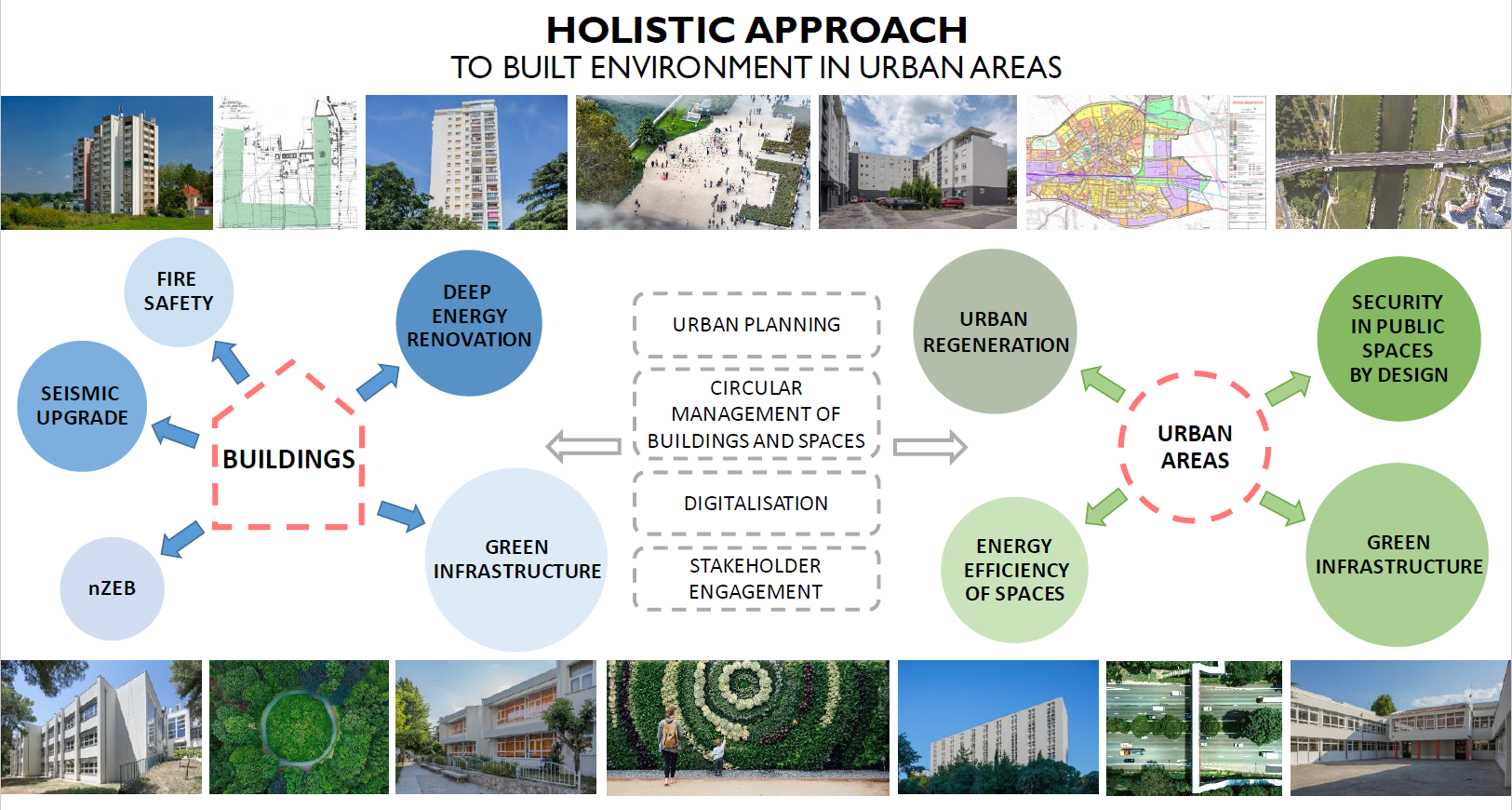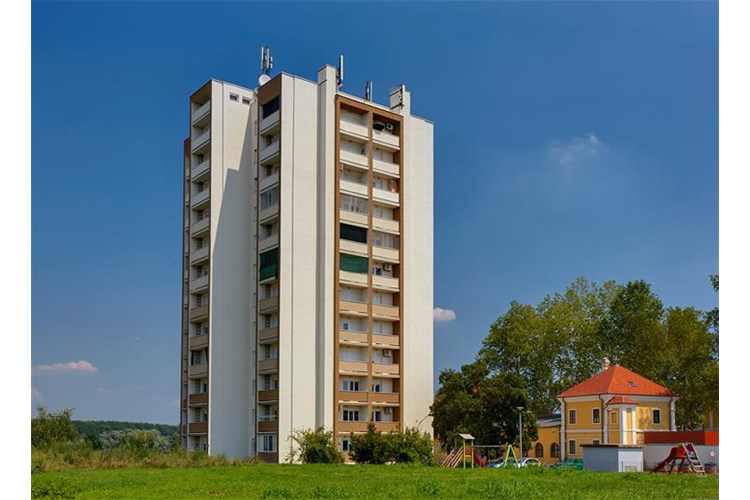Yesterday the 8th Tripartite Strategic Forum was held at high level, discussing strategies for sustainable competitiveness of construction sector, which gathered hundreds of participants. The Commission's Directorate-General for Internal Market, Industry, Entrepreneurship and SMEs organized the Forum, and Ines Androić Brajčić, Head of Sector for European Union Projects, International and EU Affairs, represented the Croatian position.
Since the COVID-19 pandemic had a strong effect on the economy and society as a whole, and since the construction sector feels these effects more than that others do, the Forum held discussions on the recovery plan and its mid-term and long-term application in the construction sector. During the pandemic supply chains were disrupted, causing a deficit of materials, especially protective gear. Also, due to newly implemented measures for protecting the health daily business costs of construction sector went up from 10% to 20%. After tourism, this is the most affected sector and it is emphasized that recovery period will be long, and more importantly, will not be harmonious across EU.
Participants of the Forum agreed the recovery and new investments will be based on European Green Deal and Renovation Wave initiative planned for buildings, and achieving green, digital and resilient Europe will be enabled through industrial strategy, Action plan for Circular Management and additional mechanism for Next Generation EU, which will enable implementing a number of projects for ensuring recovery, growth and progress.
This recovery will be achievable through holistic approach which implies smarter buildings included in the local energy system. To achieve this, energy renovation should be a part of all policies at EU and national level, and public buildings, especially schools and hospitals, should lead as examples. Energy poverty was also featured, a lasting problem for EU – namely, more than 40.000 households are in this category.
Speaking from Croatian experience in energy renovation of buildings, Androić Brajčić highlighted good results from Croatia – large number of public and residential buildings are renovated, and total energy savings of renovated buildings is more than 60%. But, as already mentioned at the Forum, to achieve climate neutrality a comprehensive, holistic approach to renovation is needed, implying not only energy renovation of buildings envelope, but technical system renovation of buildings, using RES integrating digital solutions, and increasing buildings resiliency to earthquakes and fires.
Ministry’s two development programmes, Green Infrastructure and Circular Economy, which are in last stages of perfection, bring significant contribution to the holistic approach in construction sector recovery. Through their implementation buildings life cycle will be prolonged, amount of demolition material and energy consumption will be reduced, energy savings will increase, bringing better and safer quality of life, less greenhouse gas emissions, preservation of resources and mitigation of urban heat island effects.
The 8
th Tripartite Strategic Forum opened up many important topics related to competitiveness of the construction sector and it is clear that only continuous joint dialogue can strengthen the resilience and support recovery, which will involve both the European Commission and Member States, as well as all stakeholders in the construction sector.

News |
Information |
Energy renovation - ESI Funds



